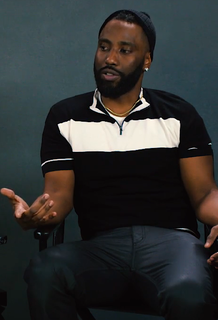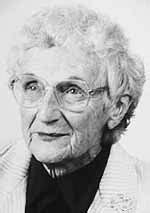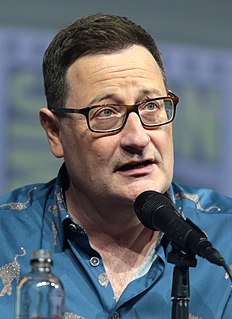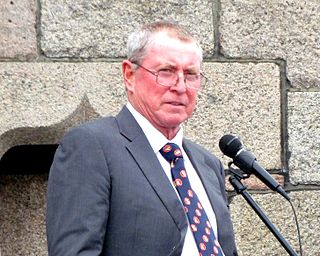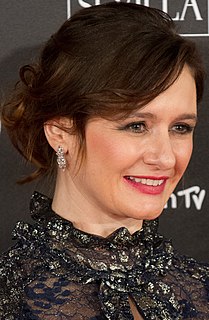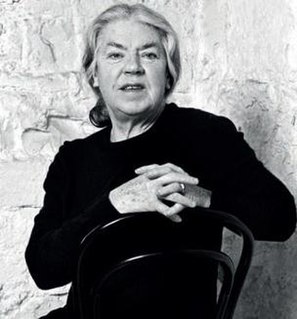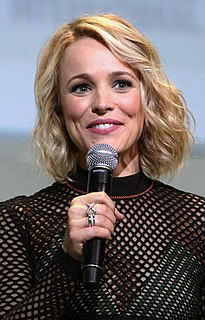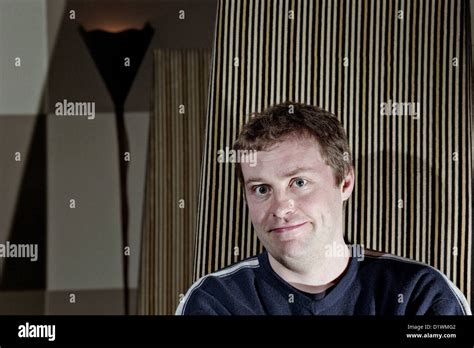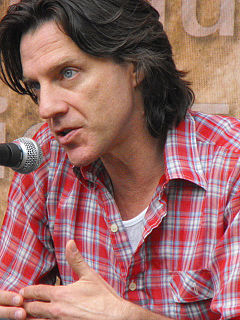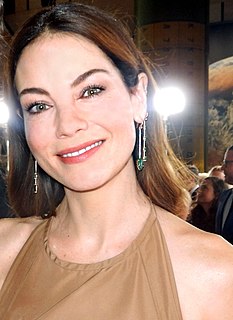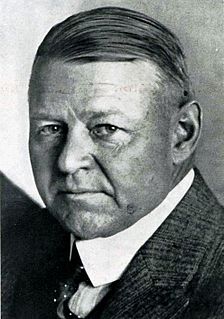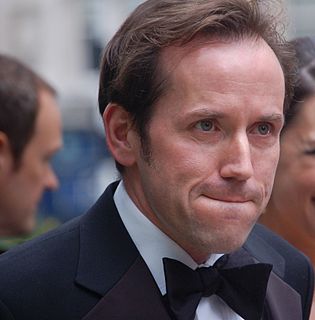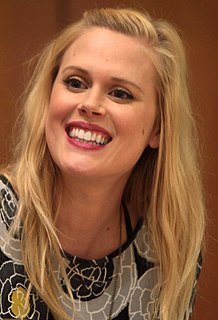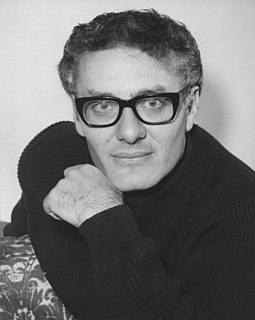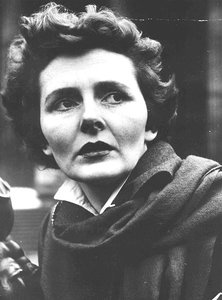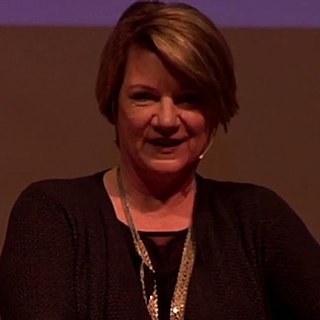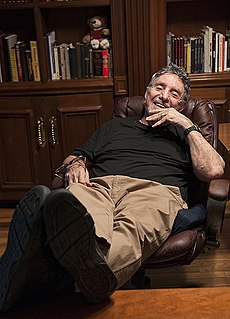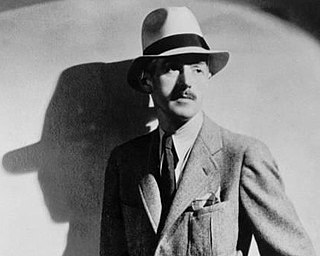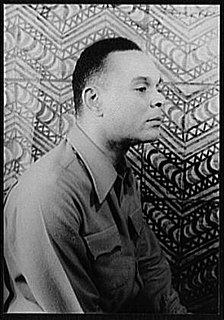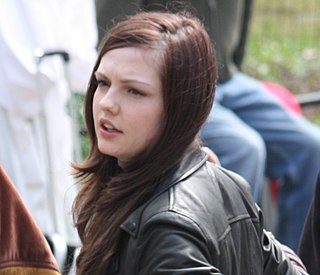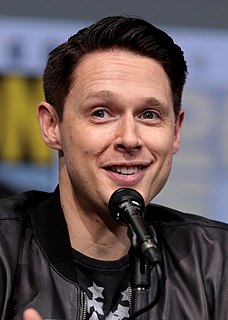Top 1200 Detective Work Quotes & Sayings
Explore popular Detective Work quotes.
Last updated on November 28, 2024.
I suppose I'm not quite the oldest detective on the block - David Jason is. When's he going to retire and give rest of us a chance?! No, his Touch Of Frost is terrific and a wonderful antidote to the po-faced detective shows around at the moment. Anyway, I can't retire. I have a wife and five chickens to feed.
I spent a lot of time with a real detective, a lady detective inspector who was the only female detective inspector in the whole of East London. She and I hung out a lot. She showed me what she did and I spent time with her. So, [she was] a lot of the inspiration for the way I dressed and sometimes the dialogue in those interview scenes where we're cross examining and questioning the youths and trying to get a confession out of them.
I think the detective story is by far the best upholder of the democratic doctrine in literature. I mean, there couldn't have been detective stories until there were democracies, because the very foundation of the detective story is the thesis that if you're guilty you'll get it in the neck and if you're innocent you can't possibly be harmed. No matter who you are.
Love interest nearly always weakens a mystery because it introduces a type of suspense that is antagonistic to the detective's struggle to solve the problem. It stacks the cards, and in nine cases out of ten, it eliminates at least two useful suspects. The only effective love interest is that which creates a personal hazard for the detective - but which, at the same time, you instinctively feel to be a mere episode. A really good detective never gets married.
For a detective or street police, the only real satisfaction is the work itself; when a cop spends more and more time getting aggravated with the details, he's finished. The attitude of co-workers, the indifference of superiors, the poor quality of the equipment - all of it pales if you still love the job; all of it matters if you don't.
Whether I build a character from the ground up or develop one, whether within my own copyright or in licensed work, I can step into that character's mind. It takes a kind of voluntary dissociation akin to method acting, military planning, marketing, or detective work: to think like the other guy and work out what he's going to do next.
I read a lot of detective stories because they always deliver. They give you a beginning, a middle, and an end - a resolution. The modern novels I read don't always deliver because I'm looking essentially for a story. As in Shakespeare, "The play's the thing." In particular I read detective stories for pacing, plot and suspense.
When Sir Arthur Conan Doyle conceived Sherlock Holmes, why didn't he give the famous consulting detective a few more quirks: a wooden leg, say, and an Oedipus complex? Well, Holmes didn't need many physical tics or personality disorders; the very concept of a consulting detective was still fresh and original in 1887.
I began wanting to create a detective who really turned the tables on that image of women, to know that you could have a sex life and not be a bad person. You could have a sex life and still solve your own problems. It was eight years from when I started having the fantasy that I was going to create such a detective to when I actually sat down and came up with V. I. Warshawski. It was a long, slow journey to come to a writing voice and do that character.
There's no telling how many guns we have in America - and when one gets used in a crime, no way for the cops to connect it to its owner. The only place the police can turn for help is a Kafkaesque agency in West Virginia, where, thanks to the gun lobby, computers are illegal and detective work is absurdly antiquated.
Every man that ever lived craved perfect happiness, the detective poignantly reflected. But how can we have it when we know we’re going to die? Each joy was clouded by the knowledge it would end. And so nature had implanted in us a desire for something unattainable? No. It couldn’t be. It makes no sense. Every other striving implanted by nature had a corresponding object that wasn’t a phantom. Why this exception? the detective reasoned. It was nature making hunger when there wasn’t any food. We continue. We go on. Thus death proved life.
What I try to do is write a story about a detective rather than a detective story. Keeping the reader fooled until the last, possible moment is a good trick and I usually try to play it, but I can't attach more than secondary importance to it. The puzzle isn't so interesting to me as the behavior of the detective attacking it.
Writing a novel was like I had some Play-Doh to work with and could just keep working with it - doing a million drafts and things changing radically and characters appearing and disappearing and solving mysteries: Why is this thing here? Should I just take that away? And then realizing, no, that is there, in fact, because that is the key to this. I love that sort of detective work, keeping the faith alive until all the questions have been sleuthed out.
Mma Ramotswe had a detective agency in Africa, at the foot of Kgale Hill. These were its assets: a tiny white van, two desks, two chairs, a telephone, and an old typewriter. Then there was a teapot, in which Mma Ramotswe – the only lady private detective in Botswana – brewed redbush tea. And three mugs – one for herself, one for her secretary, and one for the client. What else does a detective agency really need? Detective agencies rely on human intuition and intelligence, both of which Mma Ramotswe had in abundance. No inventory would ever include those, of course.
In detective land, you have to deal with a lot of intense emotions, so you yourself have to remain mostly unemotional and detached. These are people, like law enforcement and surgeons, in professions that don't have the luxury of being able to be emotional or to break down. In my line of work, it's almost a requirement.
I like to consider myself a detective, which is how I justify my obsession with my phone. By nature, since I was a kid, I've always wanted to be a detective, and any portal to information and investigating things I have ever been given access to, I have dived into. With my phone, unfortunately, I have immediate access to everything.
I often use detective elements in my books. I love detective novels. But I also think science fiction and detective stories are very close and friendly genres, which shows in the books by Isaac Asimov, John Brunner, and Glen Cook. However, whilst even a tiny drop of science fiction may harm a detective story, a little detective element benefits science fiction. Such a strange puzzle.
The average detective story is probably no worse than the average novel, but you never see the average novel. It doesn't get published. The average -- or only slightly above average -- detective story does.... Whereas the good novel is not at all the same kind of book as the bad novel. It is about entirely different things. But the good detective story and the bad detective story are about exactly the same things, and they are about them in very much the same way.
I think Dirk [Gently] thinks that he's a brilliant detective, but he's the worst detective, ever. He does have this particular skill, which I suppose you might call a really bad superpower because it's just not very helpful. He is able to sense the connections between things and he's nearly always right, but the problem is that he never knows what to do with any of those messages that he receives from the universe, so he just acts on things and gets himself into terrible trouble, all the time.
